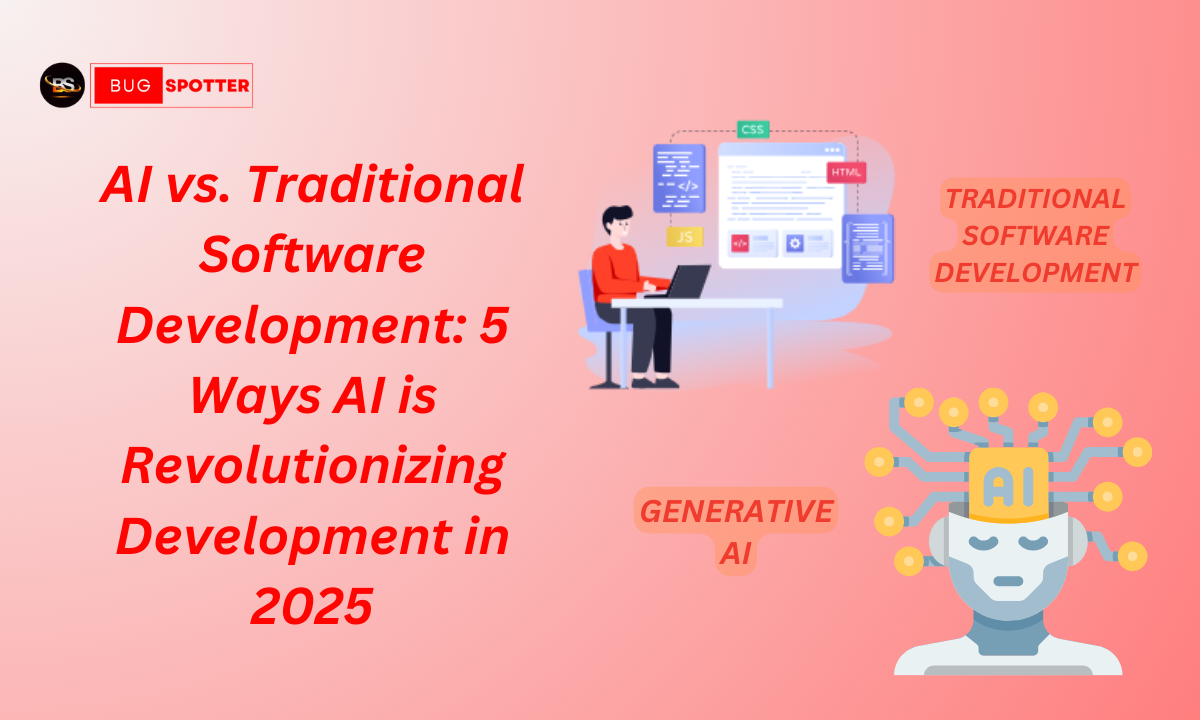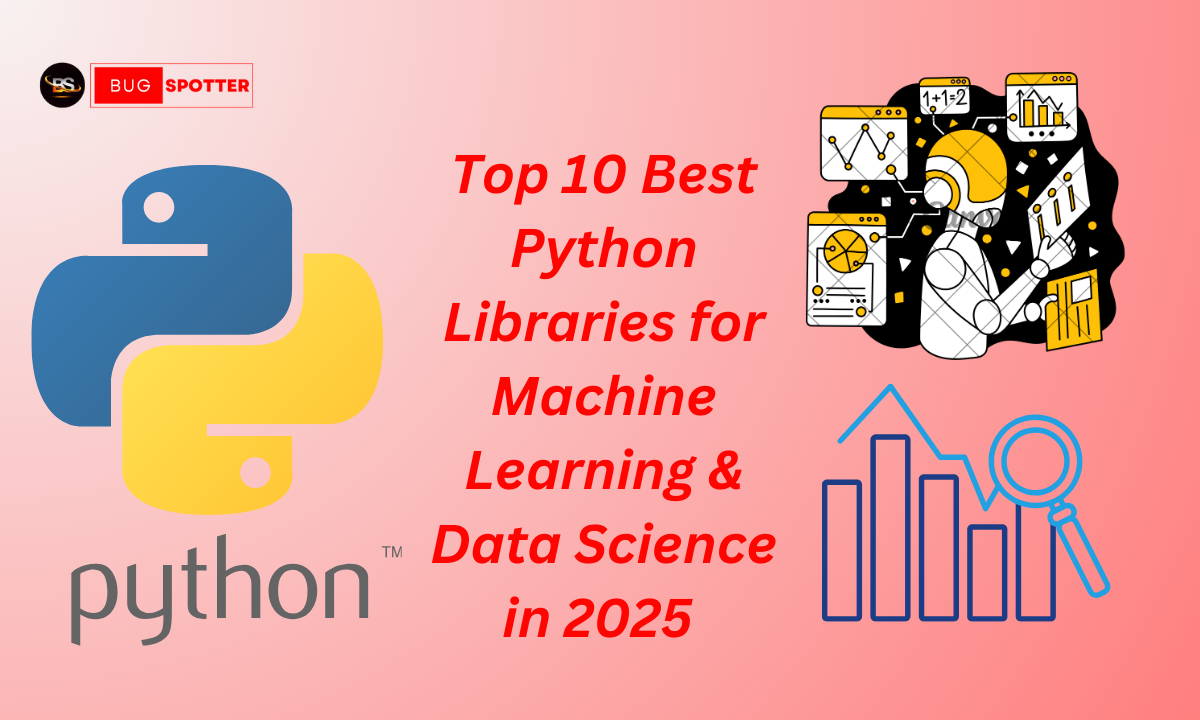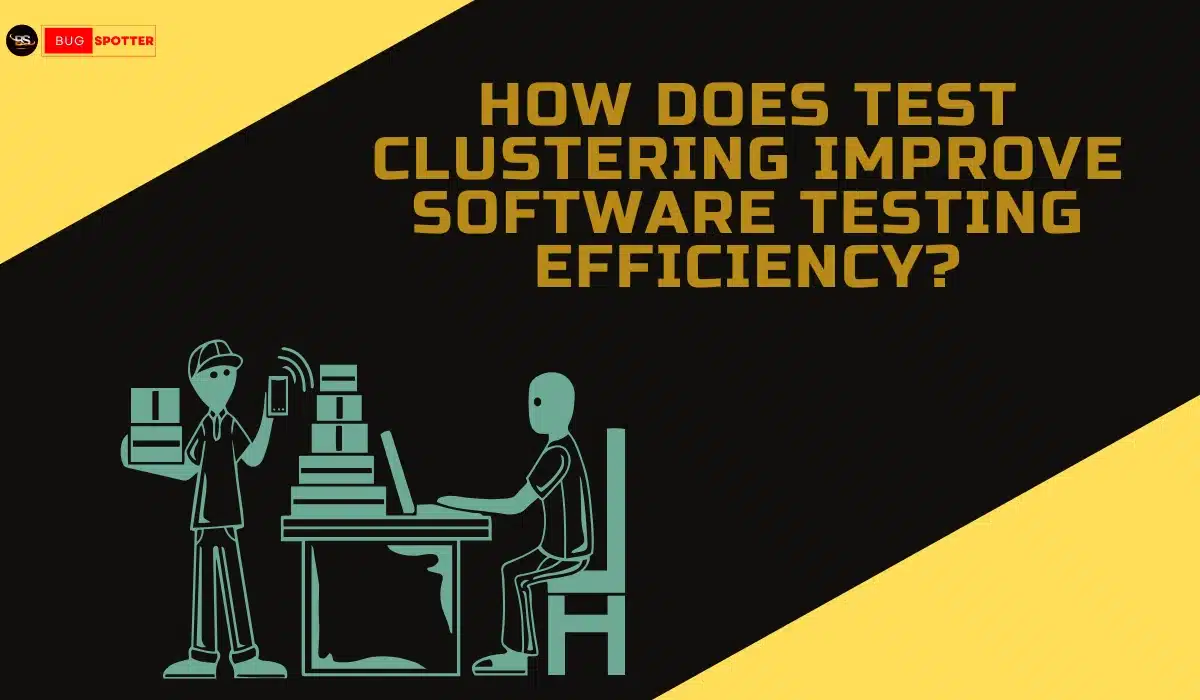What Is The Impact Of Quantum Computing On Data Analysis?
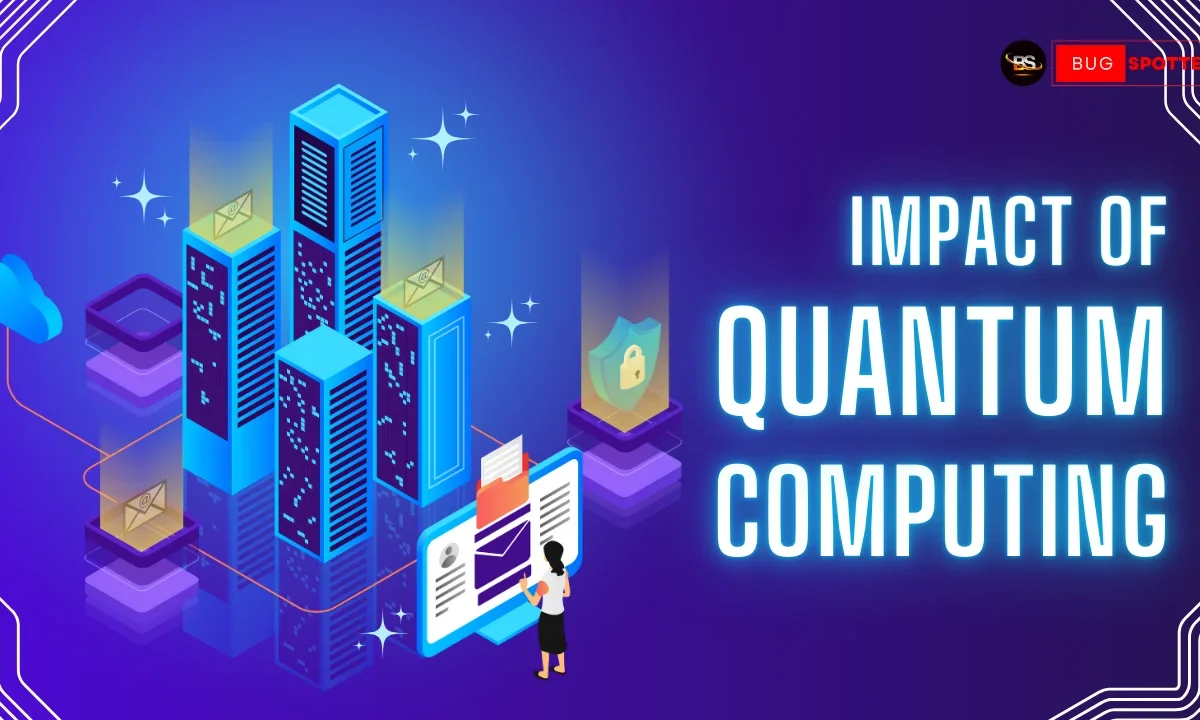
Quantum Computing
Quantum computing is a revolutionary technology that leverages the principles of quantum mechanics to perform computations at speeds unimaginable with classical computers. Data analysis, which involves processing vast amounts of information to extract meaningful insights, stands to benefit immensely from quantum advancements. This article explores how quantum computing impacts data analysis, its advantages, limitations, and future potential.
How Quantum Computing Works
Unlike classical computers that use bits (0s and 1s), quantum computers use qubits, which can exist in multiple states simultaneously due to superposition. Additionally, quantum entanglement allows qubits to be interconnected, leading to highly efficient parallel computations. These properties enable quantum computers to solve complex problems exponentially faster than classical machines.
Impact of Quantum Computing on Data Analysis
Quantum computing has the potential to transform data analysis in various ways:
1. Speed and Efficiency
- Traditional data analysis relies on sequential and parallel processing, which can be time-consuming.
- Quantum algorithms like Shor’s algorithm (for factorization) and Grover’s algorithm (for searching) allow computations to be performed significantly faster.
2. Handling Large Datasets
- Big Data involves processing terabytes or petabytes of data, which can be slow and costly with classical computing.
- Quantum computers can process large datasets in parallel, reducing computational time and enabling real-time analytics.
3. Enhanced Machine Learning and AI
- Machine learning models require intensive computations for training on large datasets.
- Quantum machine learning (QML) can accelerate model training, optimize hyperparameters, and improve predictive accuracy.
4. Better Optimization Techniques
- Many real-world problems, like supply chain management, financial modeling, and logistics, involve optimization challenges.
- Quantum algorithms (e.g., Quantum Approximate Optimization Algorithm – QAOA) help solve complex optimization problems faster than classical methods.
5. Improved Data Encryption and Security
- Current encryption standards rely on difficult-to-solve mathematical problems.
- Quantum cryptography, particularly Quantum Key Distribution (QKD), enhances data security by making eavesdropping nearly impossible.
6. Pattern Recognition and Anomaly Detection
- Detecting fraud, cybersecurity threats, or rare events in large datasets can be improved with quantum computing’s ability to analyze patterns efficiently.
- Quantum-enhanced algorithms can uncover hidden correlations that classical systems might miss.
Classical Computing vs. Quantum Computing in Data Analysis
| Feature | Classical Computing | Quantum Computing |
|---|---|---|
| Data Processing Speed | Sequential/Parallel | Exponential Speed (Parallelism) |
| Handling Big Data | Limited | Efficient |
| Optimization | Time-Consuming | Faster Solutions (QAOA) |
| Machine Learning | Long Training Time | Faster Model Training (QML) |
| Cryptography | RSA, AES encryption | Quantum Encryption (QKD) |
| Pattern Recognition | Slower pattern detection | Faster with entanglement-based analysis |
Challenges and Limitations of Quantum Computing on Data Analysis
Despite its potential, quantum computing in data analysis faces several challenges:
1. Hardware Limitations
- Quantum computers require extremely low temperatures and highly stable environments.
- Qubit coherence time (stability) is still a challenge.
2. Error Rates and Noise
- Quantum computations are highly susceptible to noise and errors due to decoherence.
- Quantum Error Correction (QEC) is still in development.
3. Limited Accessibility
- Currently, only a few organizations (e.g., Google, IBM, and D-Wave) have access to functional quantum computers.
- Quantum cloud computing solutions are emerging but remain costly.
4. Algorithm Development
- Quantum algorithms are still in early stages and require significant research.
- Transitioning existing classical algorithms to quantum-based ones is complex.
Future Prospects Of Quantum Computing on Data Analysis
The future of quantum computing in data analysis looks promising:
- Hybrid Computing Models: Integrating classical and quantum computing to maximize efficiency.
- Quantum Cloud Services: Companies like IBM and Google are offering quantum computing as a cloud-based service.
- Advancements in Hardware: Research on superconducting qubits and trapped-ion quantum computers is improving performance.
- Wider Adoption in Industries: Financial modeling, healthcare, climate modeling, and AI are expected to leverage quantum computing soon.
Frequently Asked Questions
1. How is quantum computing different from classical computing?
Quantum computing utilizes qubits that can exist in multiple states simultaneously (superposition) and leverage entanglement for faster computations. Classical computing relies on binary bits (0s and 1s) and performs sequential or parallel operations.
2. How will quantum computing benefit data analysts?
Quantum computing will enable faster data processing, better pattern recognition, and improved machine learning models, reducing time and computational costs for complex data analysis tasks.
3. Can quantum computing replace classical computing?
No, quantum computing is not expected to replace classical computing but rather complement it in solving problems that classical computers struggle with, such as optimization and cryptography.
4. What industries will benefit the most from quantum data analysis?
Industries such as finance, healthcare, cybersecurity, logistics, and AI-driven businesses will benefit significantly due to quantum computing’s optimization, encryption, and data-processing capabilities.
5. When will quantum computing become mainstream?
While quantum computing is advancing rapidly, mainstream adoption is still 5-10 years away. Companies are working on scaling up hardware and reducing error rates before it becomes widely accessible.
Quantum computing has the potential to revolutionize data analysis by significantly improving speed, efficiency, and security. While challenges remain, ongoing research and development in quantum algorithms, hardware, and cloud-based quantum services suggest a promising future. As quantum technology advances, industries reliant on data analysis will experience unprecedented growth and innovation.
Latest Posts
- All Posts
- Software Testing
- Uncategorized
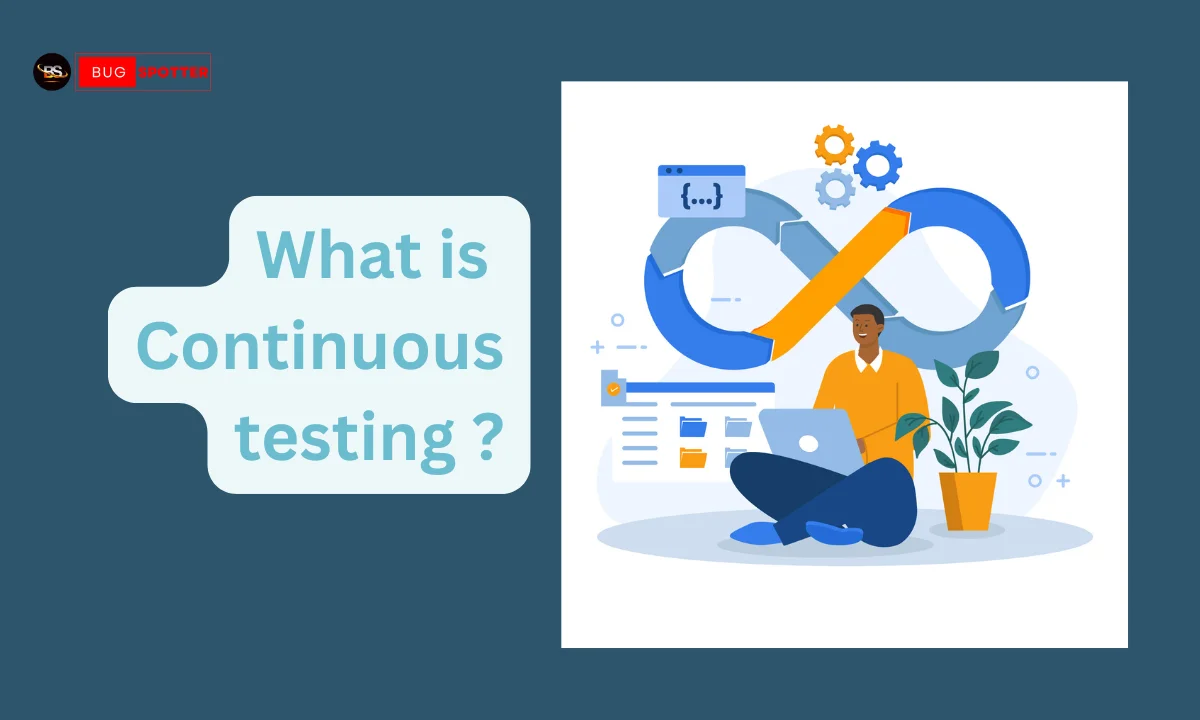

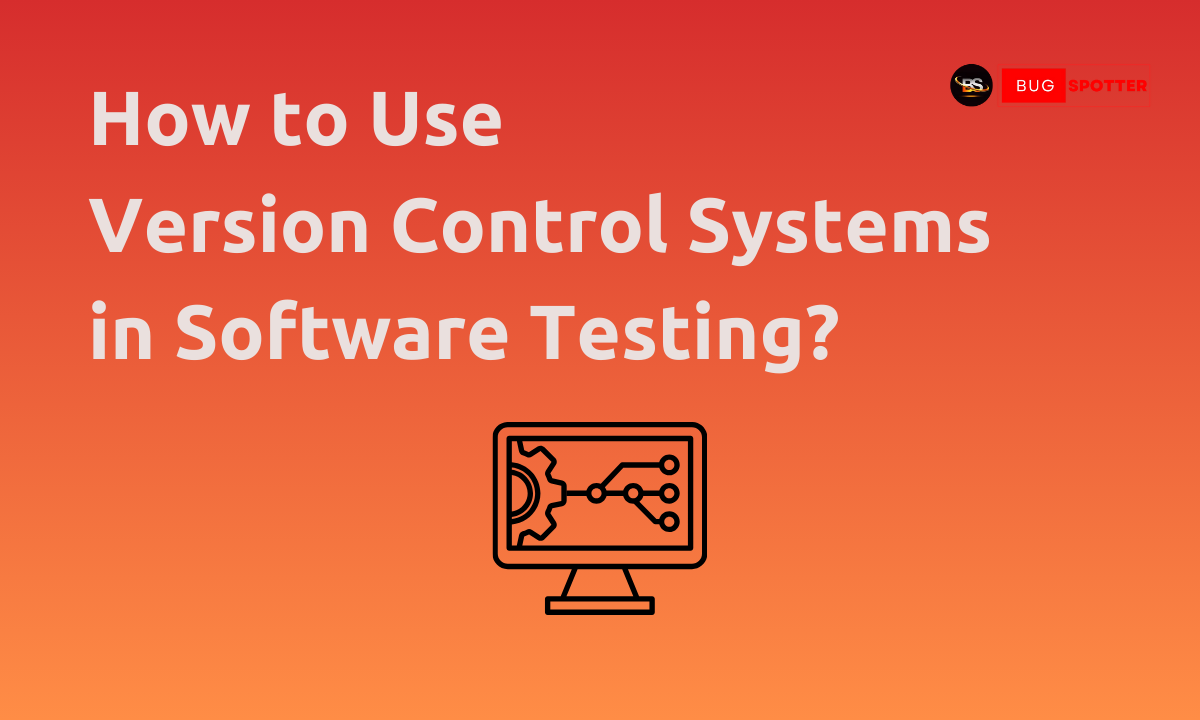
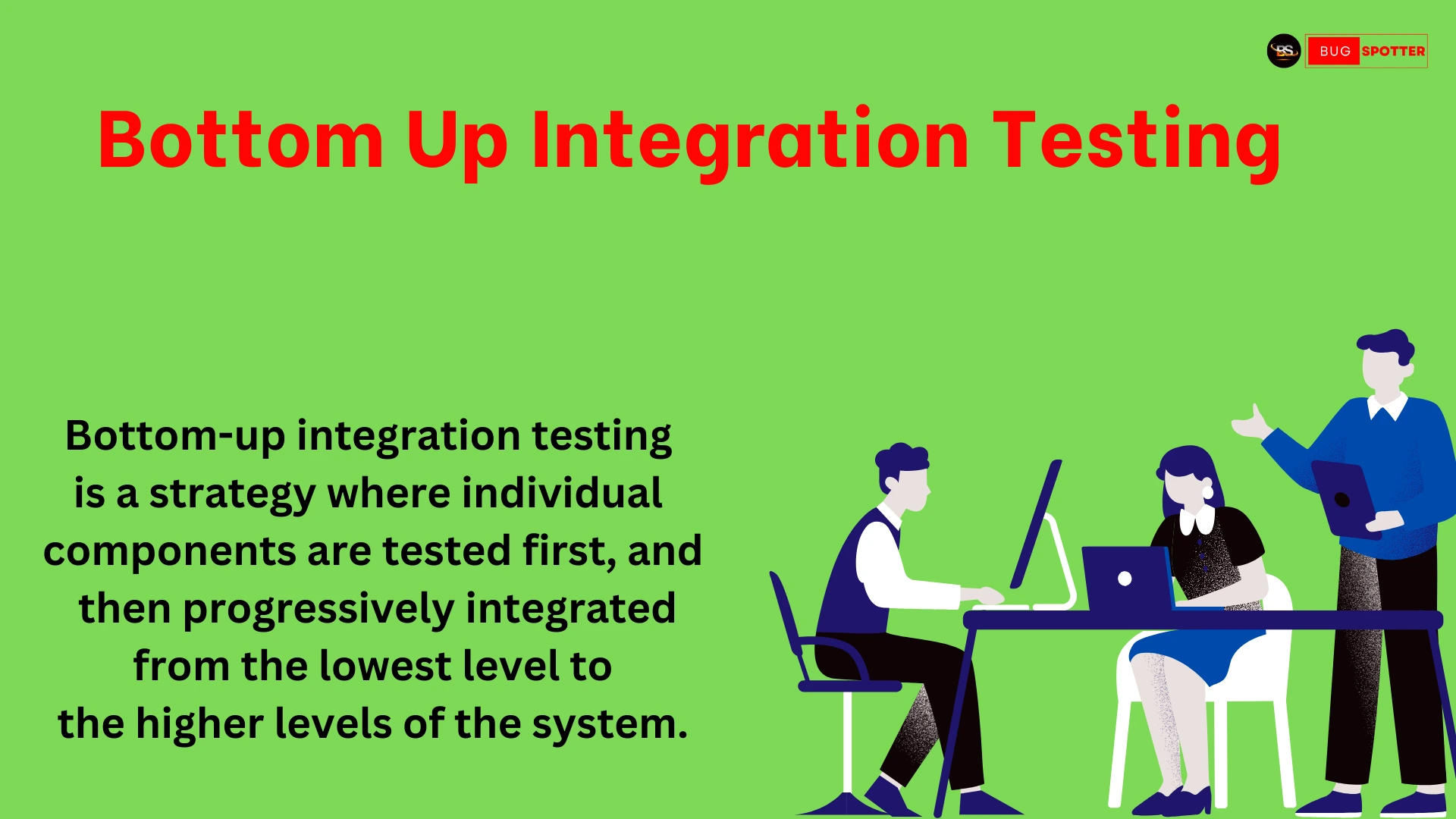
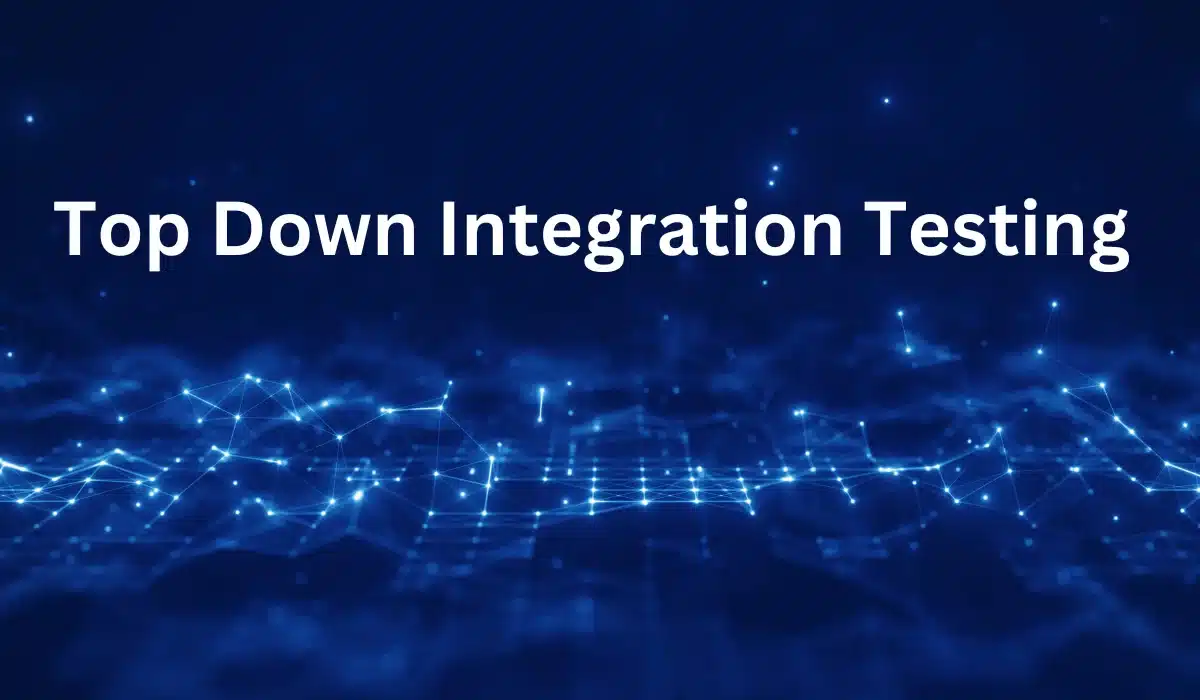
Categories
- Artificial Intelligence (5)
- Best IT Training Institute Pune (9)
- Cloud (2)
- Data Analyst (55)
- Data Analyst Pro (15)
- data engineer (18)
- Data Science (104)
- Data Science Pro (20)
- Data Science Questions (6)
- Digital Marketing (4)
- Full Stack Development (7)
- Hiring News (41)
- HR (3)
- Jobs (3)
- News (1)
- Placements (2)
- SAM (4)
- Software Testing (70)
- Software Testing Pro (8)
- Uncategorized (33)
- Update (33)
Tags
- Artificial Intelligence (5)
- Best IT Training Institute Pune (9)
- Cloud (2)
- Data Analyst (55)
- Data Analyst Pro (15)
- data engineer (18)
- Data Science (104)
- Data Science Pro (20)
- Data Science Questions (6)
- Digital Marketing (4)
- Full Stack Development (7)
- Hiring News (41)
- HR (3)
- Jobs (3)
- News (1)
- Placements (2)
- SAM (4)
- Software Testing (70)
- Software Testing Pro (8)
- Uncategorized (33)
- Update (33)



